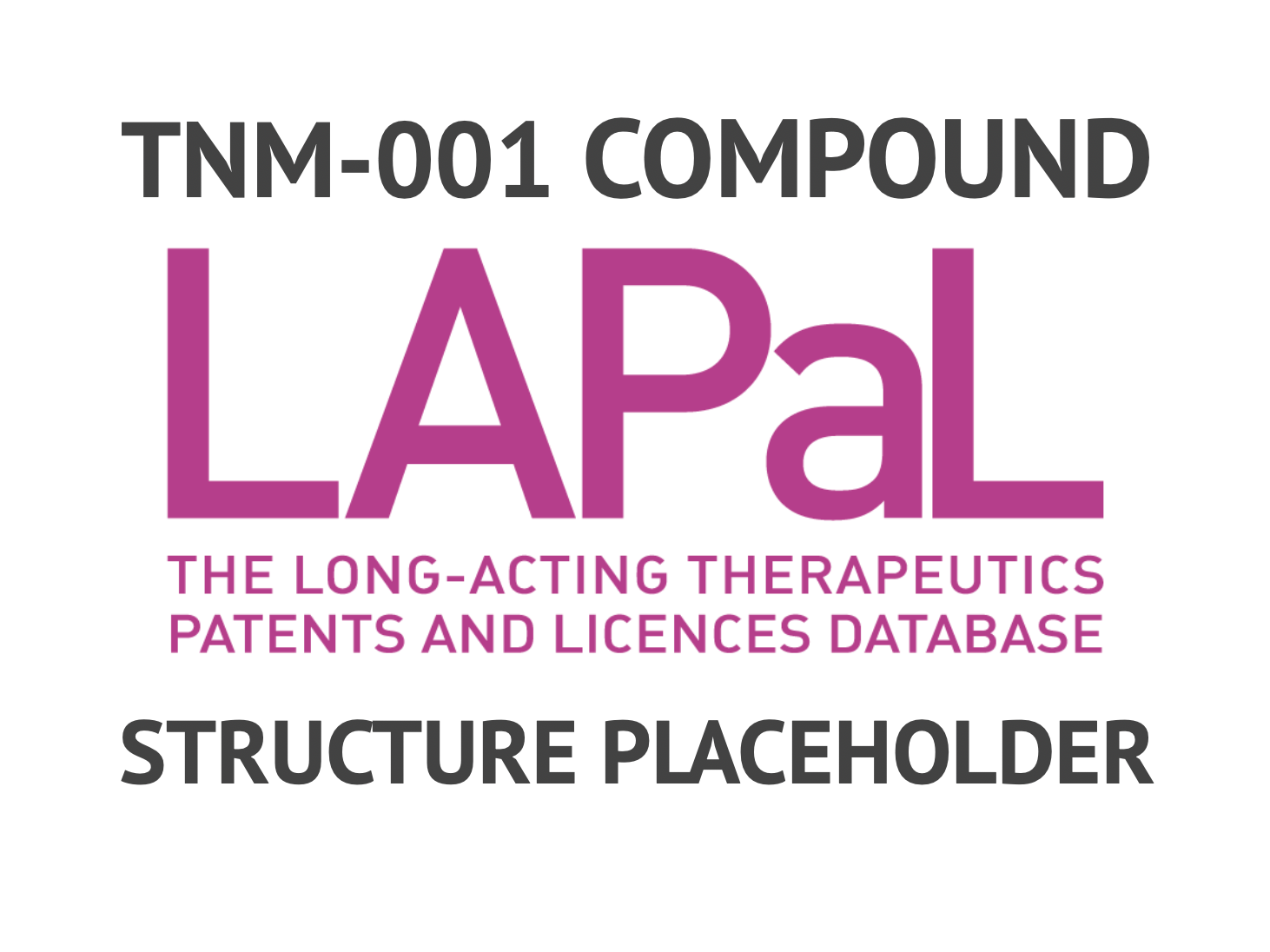Drug information
Not provided
TNM-001
Not provided
Biotherapeutic
TNM-001 is an investigational human IgG1 monoclonal antibody (mAb) currently in clinical development for the prevention of respiratory syncytial virus (RSV) infection. Notably, there are no currently approved vaccines or specific antiviral therapies for RSV in China. TNM-001, developed by Trinomab, represents the first domestic long-acting human anti-RSV antibody drug to be independently developed in China. Preclinical studies have demonstrated that TNM-001 exhibits potent RSV neutralising activity and possesses a favourable pharmacokinetic profile, with an extended half-life to provide protection throughout the entire RSV epidemic season. This novel mAb may provide an additional therapeutic option for the prevention of RSV infection in infants and children worldwide.
Investigational New Drug (IND) Application of TNM001 injection was approved by China NMPA in July and US FDA in November of 2021.
Unknown
Therapeutic area(s)
- Respiratory syncytial virus (RSV)
- Prevention
Administration route
Intramuscular
Associated long-acting platforms
Monoclonal antibodies and antibody drug conjugates
Use of drug
- Administered by a community health worker
- Administered by a nurse
- Administered by a specialty health worker
Not provided
Dosage
investigated doses are not disclosed
Single dose
Not provided
Single dose to at risk infants under 1 year of age who are entering their first RSV season.
Not provided
Not provided
Associated technologies
Not provided
Comment & Information
Developer(s)

Zhuhai Trinomab Pharmaceutical Co., Ltd. is a global biopharmaceutical company established in 2015 and headquartered in Zhuhai, China. Focusing on R&D, production, and sales, their proprietary technology, HitmAb®, is a fourth-generation antibody platform for discovering fully human monoclonal antibodies against infectious diseases, autoimmune disorders, malignant tumors, and other human diseases.
Drug structure
Scale-up and manufacturing prospects
General manufacturing requirements and production scale-up for therapeutic monoclonal antibody (mAb) products is primarily focused on pharmacokinetic suitability, formulation stability and the overall maintenance of product quality. Industrial bioprocessing steps can also potentially introduce additional challenges regarding mAb formulation viscosity and aggregation propensity.
Industrial bioreactor vessel with a production volume capacity of between 5-25kL. Continuous disc stack centrifuges for bioreactor harvesting with subsequent membrane and depth filtration for supernatant clarification. Recombinant protein-A chromatography or other suitable affinity capture apparatus followed by two chromatographic polishing steps such as cation- and anion-exchange. Ultrafiltration membrane system to concentrate and formulate the final product.
MAbs are highly dependent on their structural, chemical and conformational stability for biological activity. Chemical degradation of mAbs during manufacture can lead to the generation of product variants and complex impurity profiles resulting from a wide range of processes, including: N-linked glycosylation, isomerisation, fragmentation, deamidation, oxidation and C-terminal lysine clipping. Additionally prior to packaging, the final product requires close monitoring for the presence of residual contaminants such as endotoxins and pro-inflammatory peptidoglycans.
Formulation characterisation steps for therapeutic mAb products include (but are not limited to): (1) Identification of post-translational modifications using ion-exchange chromatography and capillary isoelectric focusing, (2) Measurement of concentration dependent aggregation rates via thermal differential scanning calorimetry, sub-visible particle quantitation and size-exclusion chromatography, and (3) Antibody clipping and fragmentation detection by capillary electrophoresis.
Excipients
Not provided
Not provided
Not provided
Delivery device(s)
No delivery device
There are either no relevant patents or these were not yet submitted to LAPaL
Publications
There are no publication
Additional documents
No documents were uploaded
Collaborate for development
Consider on a case by case basis, collaborating on developing long acting products with potential significant public health impact, especially for low- and middle-income countries (LMICs), utilising the referred to long-acting technology
Share technical information for match-making assessment
Provide necessary technical information to a potential partner, under confidentiality agreement, to enable preliminary assessment of whether specific medicines of public health importance in LMICs might be compatible with the referred to long-acting technology to achieve a public health benefit
Work with MPP to expand access in LMICs
In the event that a product using the referred to long-acting technology is successfully developed, the technology IP holder(s) will work with the Medicines Patent Pool towards putting in place the most appropriate strategy for timely and affordable access in low and middle-income countries, including through licensing
